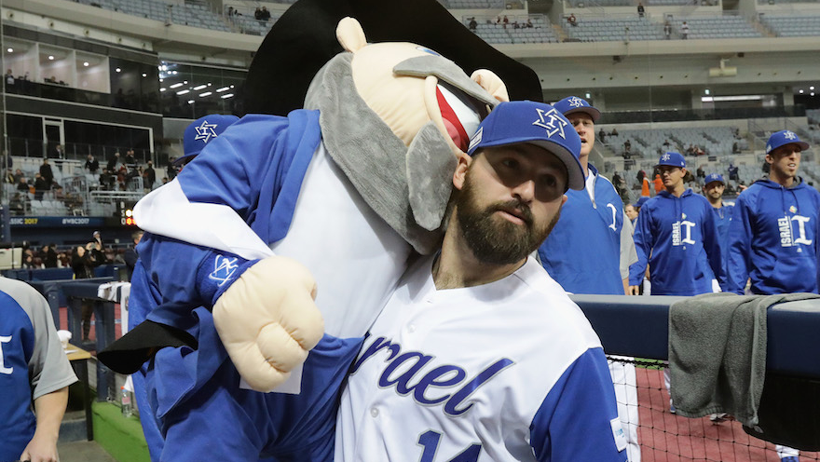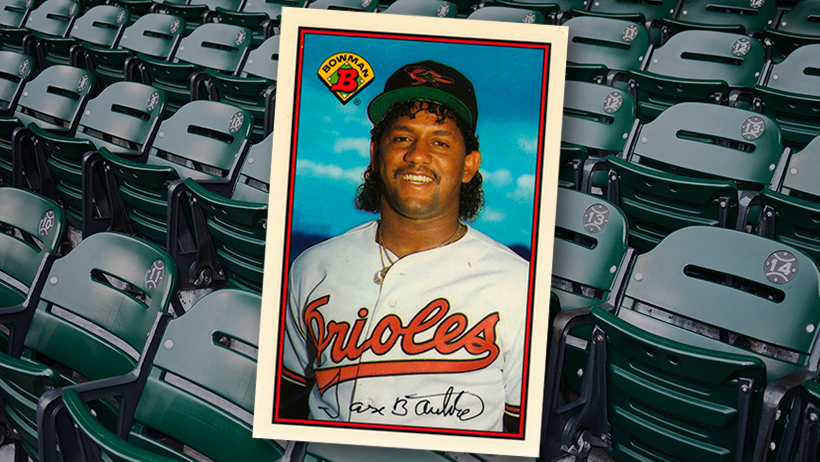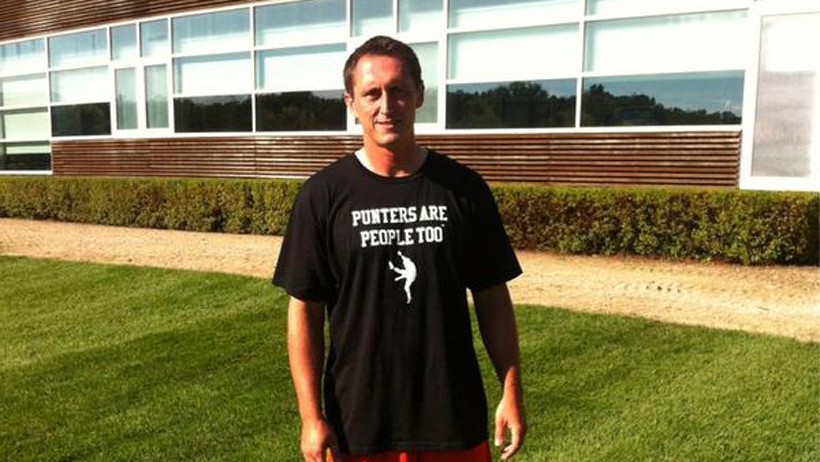In 1992, an abnormally tall 12-year-old boy named Pau Gasol looked on as the U.S. Men's Basketball team -- featuring Michael Jordan, Magic Johnson and Larry Bird -- pummeled Spain in his hometown of Barcelona by 41 points en route to a gold medal at the summer Olympics.
Despite the NBA's initial reluctance, the Dream Team eventually led to basketball's globalization and Gasol, who grew into his 7-foot-1-inch frame, became a six-time all-star and two-time champion.
But more than any of Gasol's individual accomplishments, he blazed a trail for many other Spaniards, including his younger brother Marc, to join the NBA. Spain is now the second-best country in the world for basketball talent and has rivaled U.S. teams in international competition for the last decade.
All of this happened thanks to a mesmerized 12-year-old.
Fast forward 25 years. Colorado Rockies coach Jerry Weinstein manages a team of Jewish minor leaguers at the World Baseball Classic in hopes of inspiring Israeli 12-year-olds to pick up a baseball glove and pursue a career in baseball.
Time will tell if he's accomplished his mission, but he certainly took a big step forward this year.
Israel, the Cinderella of the WBC -- or as ESPN put it, " the Jamaican Bobsled team of the WBC ," finished an impressive run by winning its first three games in the first round and defeating Cuba in the second round before being sent home by baseball powerhouse Japan.
The results, while impressive, weren't the ultimate goal. Israel came into the tournament ranked 41st in the world. Simply qualifying was a feat in and of itself, as Israel was the only qualifying country not to be ranked in the top 20.
It also wasn't about the makeup of this year's team. Many pointed to the fact that the team hardly contained any Israelis. In fact, most of its players had never visited Israel, period. Thanks to the WBC's loose rules regarding eligibility for a national team and Israel's rules on who can be Israeli, the team ended up with mostly minor league journeymen who either had brief major league stints or are still hoping for their first call-up. Getting stuck on this point also misses the objective of this year's team.
Rather, it was about inspiring Israeli youth to start playing baseball -- a sport not even on the map in Israel. Before the tournament started, Israel wasn't even broadcasting its own team and there were reports that the average Israeli had no idea the team existed. By the end, Team Israel had the attention of both American and Israeli Jews.
While there are many seemingly more important things to worry about than whether Israelis are interested in baseball, there is a long-term gain here for both American Jews and Israel.
Sports can go a long way in improving the economic and political standing for a country. Just ask Cuba, which now has improved relations with the U.S. after years of baseball players risking their lives to defect for the MLB, or how Yao Ming created a multi-million dollar industry in China simply by becoming the best Chinese player to ever make it in the NBA. Ming brought many American brands into China through various endorsement deals and triggered numerous other investments from American athletes into the Chinese economy.
If the Israeli national team truly fulfills its goal, the next generation of Israelis will grow up to be aspiring baseball players, creating a league of their own and hopefully breeding players good enough to become the next MLB superstar.
Israel had its most recent economic boom thanks to the influence of American startups investing in the Holy Land. It has the potential to create another one simply through baseball. Between building a stadium, vendors, sponsorships and filling roles within the teams themselves, baseball has the potential to create hundreds of jobs in Israel -- and even more if it produces enough talented players.
Yet Israel's participation also matters to American Jews.
Today, the number of American Jews identifying as Jewish, even on a cultural level, is smaller than any other generation. This includes having a connection to the State of Israel. Even with a surge in programs such as Birthright Israel, only 20 percent of American Jews have visited the Jewish homeland.
We've already seen more Jews start to identify as such in response to the reported rise in anti-Semitic incidents across the country, but Israel's showing in the WBC could inspire even more Jews to embrace their religion and their inherent connection to Israel.
Between the Israeli team donning kippot that match their uniforms, the playing of Israel's national anthem, "HaTikvah," before every game, and the silly Mensch on the Bench mascot, this was the first time in sports when being outwardly Jewish was "cool." For American Jewish sports fans, this was perhaps the most significant event in Jewish sports history since Sandy Koufax missed a World Series game for Yom Kippur.
The kids who watched this year's Israeli team will hopefully remember their success forever and feel empowered to embrace Judaism -- whether that's going to Israel on a trip, celebrating Shabbat dinner at a college Hillel or taking the Jewish holidays off from participation in their sports teams without fear or shame.
In 1992, Bird's jump shot inspired a 12-year-old Spanish kid to develop one of his own. While we won't know for several years if this year's WBC will develop Israel's first baseball prodigy, we don't need to wait to be inspired by this year's team.
We may not be able guarantee that our kids grow to 7 feet tall or throw 90 miles an hour, but we can always ensure that they grow up as proud Jews. Whether that's displaying a mezuzah on your doorpost, visiting Israel, making time for Shabbat dinner or any other outward practice of Judaism, feeling that pride is the real value of Israel's baseball team.
Just as we rallied around Mensch on the Bench for two weeks in March, let us remember that pride to also rally around the symbols and traditions that make our religion unique.










.jpg)



